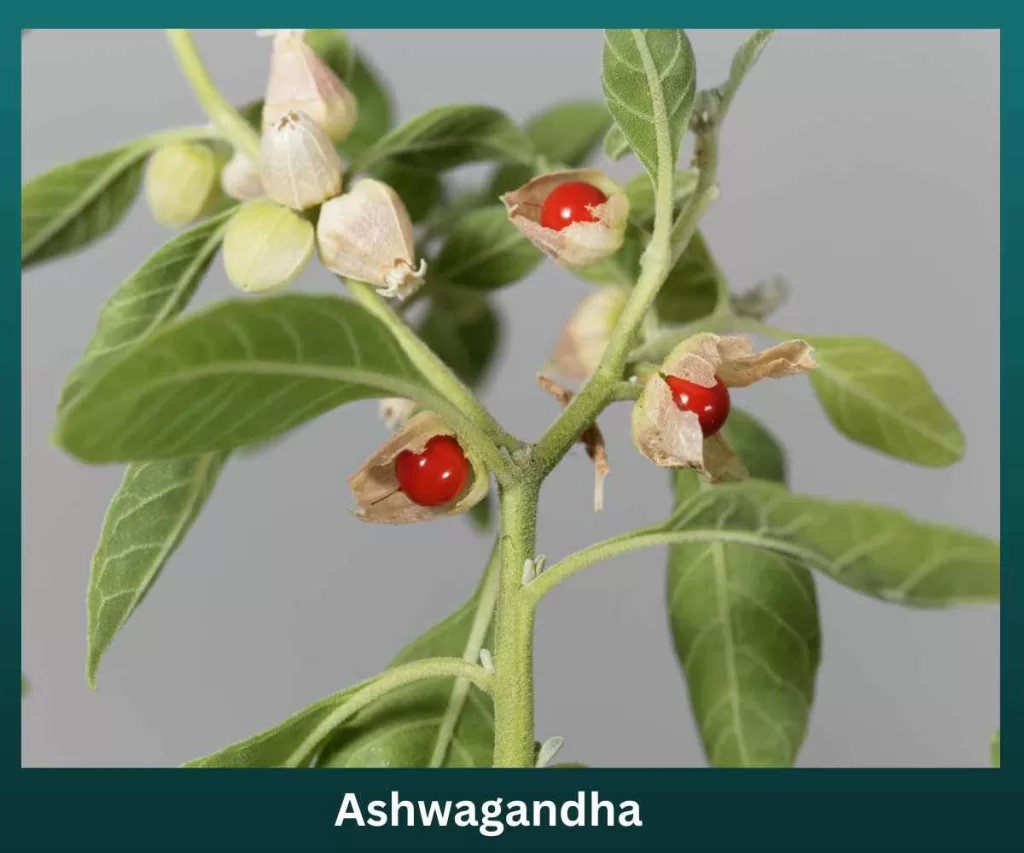Does ashwagandha actually kill emotions?
People have wondered if taking Ashwagandha would leave them feeling numb. In a word, the answer is “No”. Ashwagandha has not been shown in scientific studies to have any effect on emotional functioning or “kill” feelings. The Ayurvedic tradition has long recognized the effectiveness of this plant in the management of stress and nervous tension. The emotional state of a person cannot be “killed” or changed by Ashwagandha because it is not a drug.
Emotions are an integral aspect of the human experience, and they play a significant role in our interpersonal interactions, our ability to make sound decisions, and our general well-being. Identifying and accepting your feelings as well as developing effective strategies for dealing with them is crucial. While ashwagandha has been shown to aid with stress and anxiety, it should not be used in place of professional medical or mental health care for those who are experiencing severe or ongoing emotional distress.
Ashwagandha is an adaptogen that help the body adapt to stress and other emotions
Stress-relieving herbs are called adaptogens. Ashwagandha is a complete adaptogen. This herbs help the body adapt to stress by normalizing physiological processes. “A class of metabolic regulators which boost the ability of an organism to adapt to external circumstances and avoid damage from such factors” is a contemporary definition of an adaptogen.
An adaptogen should:
- reduce stress-induced damage.
- be safe and effective even with excessive dosages.
- not cause withdrawal syndromes.
- not interfere with normal bodily functioning.
Ashwagandha does it kill emotions ?
The adaptogenic properties of ashwagandha have made it a staple in the treatment of a variety of conditions in traditional Indian medicine. The emotional effects of ashwagandha are only now starting to be understood by modern research.
Ashwagandha was found to significantly enhance self-reported measures of anxiety and sadness in people who suffered from stress-related disorders, according to the findings of a study that was published in the Indian Journal of Psychological Medicine.
According to the findings of another study that were published in the Journal of Alternative and Complementary Medicine, ashwagandha was beneficial in lowering stress and enhancing quality of life in patients who were under chronic stress.
Ashwagandha is effective because it lowers the stress response in the body. This is accomplished by bringing down overall levels of the stress hormone cortisol. Feelings of anxiety and stress can be brought on by elevated levels of the stress hormone cortisol, which is responsible for the “fight or flight” reaction that occurs in the body.
In addition to this, ashwagandha helps promote sleep, which is another way in which it lowers overall levels of stress.
If you are seeking for a natural solution to help relieve stress and improve your mental well-being, ashwagandha is one herbal supplement that might be worth a shot for you.
In Ayurveda medicine, ashwagandha is a traditional treatment that dates back centuries. The term “gandha,” which means smell in Sanskrit, was combined with the word “ashva,” which means horse, to create the phrase “ashwagandha,” which refers to the pungent odor that is reminiscent of horses. The ashwagandha plant is a tiny shrub that can grow in India, the Middle East, and Africa. Its blossoms can be either green or yellow. Both the plant’s roots and its leaves are utilized in the medicinal preparation of the plant.

Can ashwagandha cause depression?
The most prevalent uses for ashwagandha are the reduction of stress and anxiety. It is believed to function by lowering levels of cortisol, which is a hormone that is produced in response to stress. According to a number of studies, the use of ashwagandha can help lower levels of stress and anxiety, in addition to improving mood and the quality of sleep. It has also been suggested that ashwagandha can aid improve cognitive performance and lower inflammation.
In addition to its ability to alleviate stress, ashwagandha is well-known for the anti-inflammatory, anti-cancer, and neuroprotective activities that it possesses. It has been demonstrated that ashwagandha can reduce inflammation and pain in individuals who suffer from arthritis as well as other inflammatory disorders. In addition to this, there is evidence that it can kill cancer cells and stop the formation of new ones.
- Heart Age Calculator - August 12, 2025
- Home Workout Estimator - July 29, 2025
- Plant-Based Macro Calculator - July 29, 2025

